Val's Take: We're not going to get to a CULTURE OF LIFE without LOVE --- I think that is something Pope John Paul II understood --- I don't think it is something we understand in many of our debates.
Could keeping Neuro-Diverse People within "Executive Functioning Homeostasis" to MANAGE STRESS RESPONSES help manage EPIGENETIC CHALLENGES? We already know that managing stress is important --- It is probably more important than we realize. BUT IT'S COMPLICATED --- IF WE'RE NOT DEVELOPING STRENGTHS --- IT'S PROBABLY NOT GOING TO WORK
|
Translational Medicine FridayWe're riffing off NPR's Science Friday to create Translational Medicine Friday. Archives
July 2025
Categories |



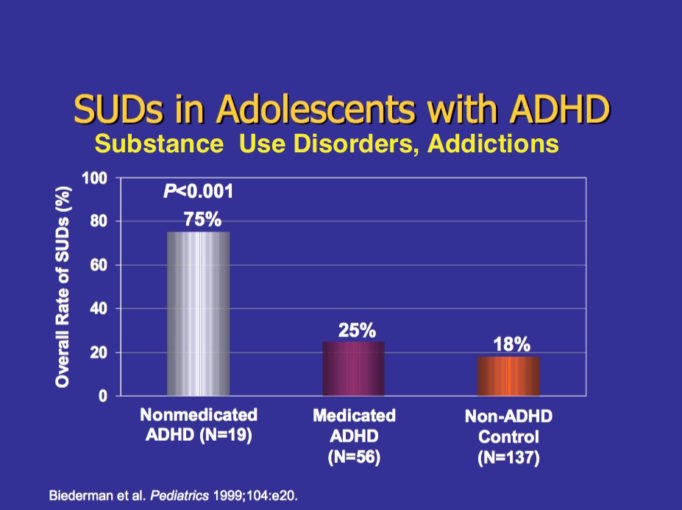
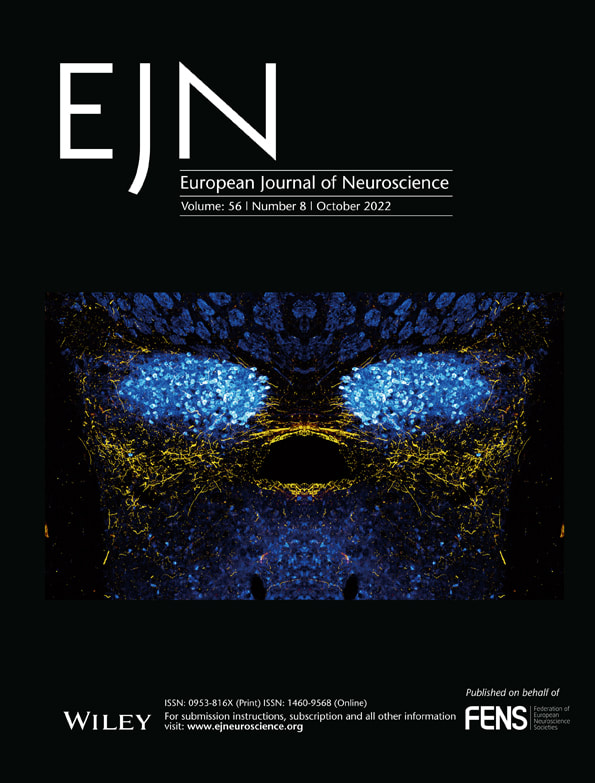



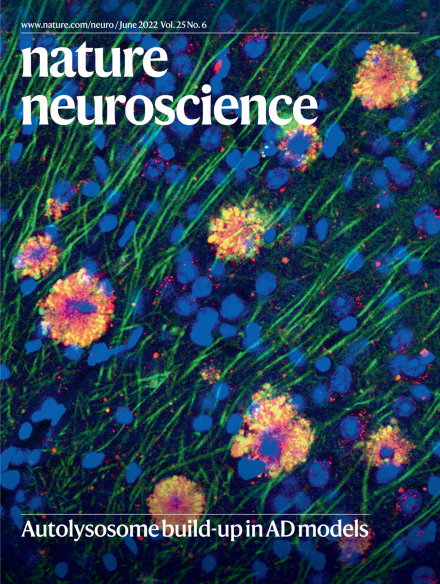
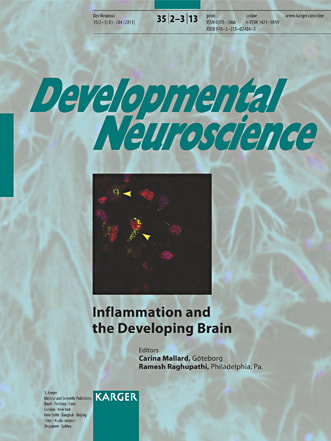




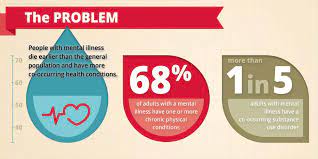

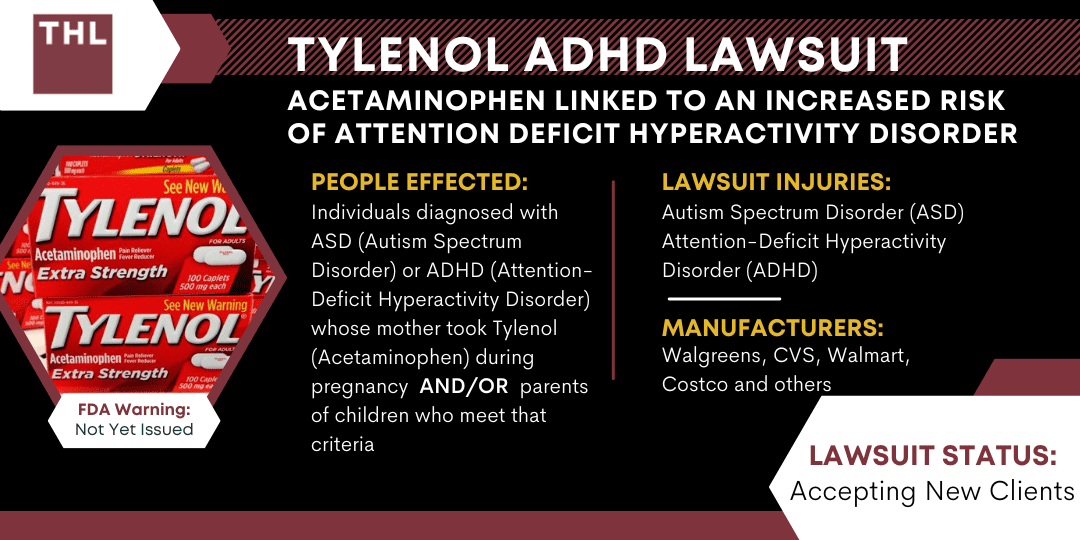







 RSS Feed
RSS Feed